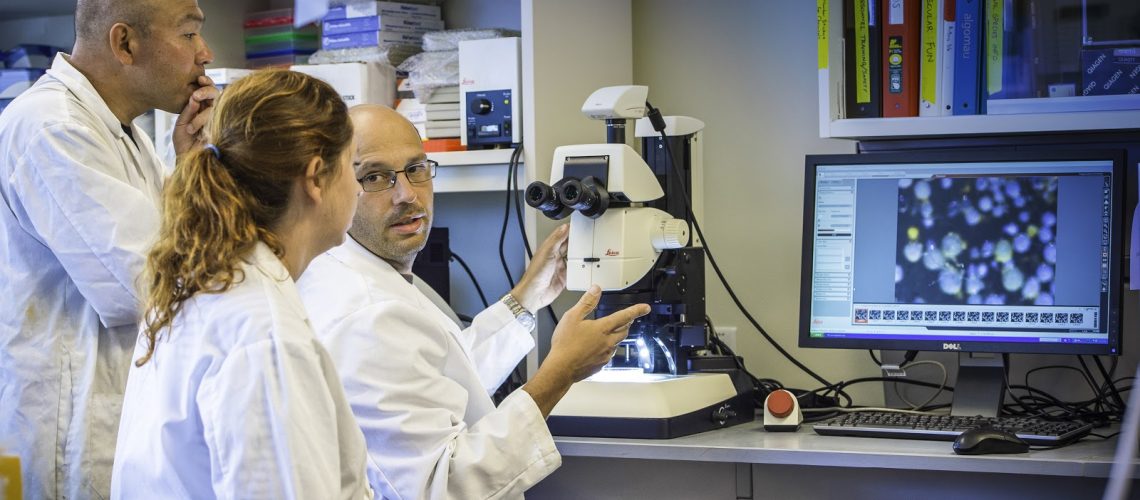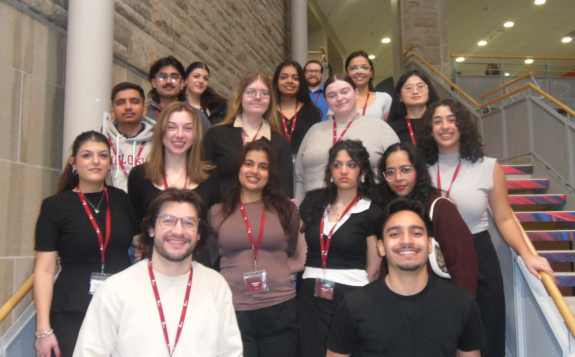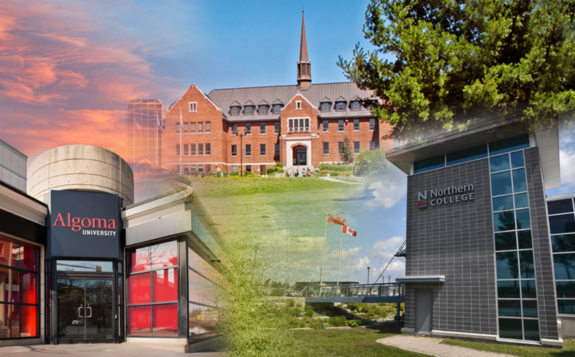(SAULT STE. MARIE, ON- November 16, 2020): Canada Research Chair Dr. Pedro M. Antunes, Professor of Biology, has recently had his Tier 2 Chairship renewed for five years in support of his research in invasive species biology. Concurrently, in collaboration with Canada Research Chair Dr. Isabel Molina, they obtained $65,000 from Canada Foundation for Innovation’s John R Evans Leaders Fund (JELF).
Celebrating its 20th anniversary this year, the Canada Research Chairs Program invests up to $295 million per year to attract, support and retain some of the world’s most outstanding scholars and scientists. Tier 2 chairs are exceptional emerging researchers recognized for their potential to lead in their fields.
Exotic invasive species represent a major environmental disturbance with important ramifications to the economy and society. Governments in Canada and around the world have called for research to better understand and predict the risk and impacts of invasive species. A major concern is their long-term consequences to soil and plant health and ecosystem processes.
The overarching goal of Dr. Antunes’ research program is to understand the potential of exotic invasive species to establish and alter soil biotic diversity influencing plant community structure and ecosystem functioning.
“Algoma University is extremely proud of the cutting-edge research that Dr. Antunes and his team are conducting. Their work will provide essential insights into some of the effects of climate change-related to invasive species and soil diversity,” noted Dr. Donna Rogers, Vice-President Academic and Research. “Dr. Antunes brings significant strength to research and innovation at Algoma, through his own work and by mentoring our students to excel in scientific research.”
Dr. Antunes’ team will assess how the soil biotic diversity and function present in the natural and assembled forest and grassland communities can modulate exotic plant invasions. The research will expand into assessing how multiple climate change factors such as temperature, precipitation and CO2 affect exotic invasive plant interactions with the soil microbiota. As such, the answers that Dr. Antunes’ team will provide are expected to greatly enhance our capacity to predict the risks and consequences of plant invasions, thereby contributing to the development of improved management practices aimed at preserving Canada’s natural ecosystems.
Algoma University emphasizes excellence in student training for greater career readiness while contributing positively to the communities in which it operates. The Canada Research Chair (CRC) strengthens community partnerships and creates opportunities for students to become involved in a hot topic in Canada and around the world.
The CRC enabled maintaining and strengthening Dr. Antunes’ research program at Algoma University, contributing to leverage > $1,7 million Since 2014, 28 students and postdocs from Canada and abroad trained in the Plant and Soil Ecology Lab achieved their graduation goals and were involved in research that resulted in 25 papers published in international peer-reviewed journals and 22 presentations at conferences, among other scientific activities.
“I’m extremely grateful to Algoma University for continuing to support my research program and to the Canada Research Chairs Program and the Canada Foundation for Innovation for the funding provided for the research and additional infrastructure,” shared Dr. Antunes. “This funding will ensure that we can continue to study the impacts of human-induced disturbances such as invasive species and climate change on important ecological processes, and help to train the next generation of scientists.”
Dr. Antunes will present his research to the Algoma University Board of Governors at their meeting later this month. For more information on invasive species and the research being done at Algoma University, please visit https://algomau.ca/academics/school-of-life-sciences-and-the-environment/.
*Photo credit SOS 2016
Share Article



